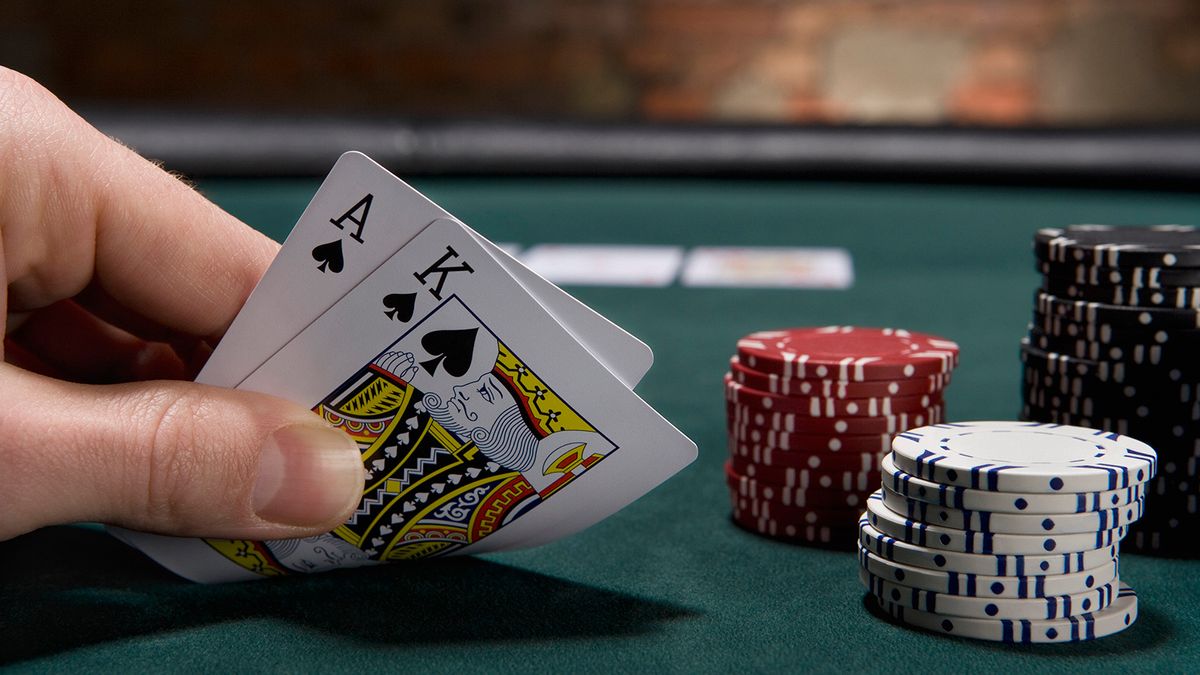When it comes to card games, few carry the same mix of strategy, luck, and thrill as poker and blackjack. Both games have stood the test of time, capturing the attention of professionals, casual players, and even complete beginners. While poker emphasizes reading people and making calculated risks, blackjack focuses more on probability and mathematics. By understanding the essential strategies behind these two iconic games, players can improve their odds of winning while enjoying the entertainment these games bring.
The Basics Of Poker
Poker is not just a game of chance; it is one of skill, observation, and mental toughness. Whether you are playing Texas Hold’em, Omaha, or another variation, the primary goal is to build the best hand or to make other players fold by outsmarting them. The most successful poker players are those who blend patience with boldness. They wait for the right opportunities but also know when to apply pressure.
An interesting comparison can be drawn here with everyday life. Just as in poker, people sometimes conceal emotions, similar to how a girl in saree hidden face photo can reveal mystery while still drawing attention. In poker, players master the art of hiding their tells and only revealing what they want opponents to see.
The Importance Of Position
One of the most fundamental strategies in poker is understanding table position. Players who act later in a round have more information available to them, making it easier to make sound decisions. Early position requires greater caution, while late position offers more flexibility for bluffing or pushing strong hands.
Successful players leverage this to their advantage by observing betting patterns before making their moves. Over time, the discipline to respect position can be the difference between breaking even and consistent winning.
Bluffing With Purpose
Bluffing is often misunderstood by new players. The idea is not to throw random bets into the pot hoping others will fold but to create a story that fits the game’s progression. Skilled players bluff selectively, ensuring their moves align with the hand they represent. Timing, consistency, and the ability to read opponents are crucial.
This is where psychology shines. Some players express their emotions in creative outlets, like posting poems on MySadShayari, while at the table, others mask their true emotions to create unpredictability. The art of bluffing is about balance—use it too often and you lose credibility, use it wisely and it becomes a powerful weapon.
Moving To Blackjack: A Game Of Numbers
Unlike poker, blackjack is more about mathematics than reading people. Here, the player’s goal is straightforward: beat the dealer by getting as close to 21 as possible without going over. Success is based less on deception and more on probability-driven decisions.
One of the foundational strategies is knowing when to hit, stand, double down, or split. These choices are not random but guided by widely accepted strategy charts built from statistical analysis. For instance, if you have a total of 11 and the dealer shows a low card, doubling down often provides the best chance to win.

The Role Of Bankroll Management
Whether playing poker or blackjack, effective bankroll management is one of the most overlooked yet vital strategies. Even the best players lose hands or face streaks of bad luck. The key is ensuring that losses do not wipe you out. A disciplined bankroll strategy involves setting aside a dedicated amount for gaming and sticking to it, no matter the outcome.
Think of it in the same way as browsing an australia house for sale directory. Buyers rarely gamble all their money on one property without considering risks, values, and long-term potential. Likewise, players should never risk their entire bankroll on a single session.
Reading Opponents And Dealers
Another shared strategy between poker and blackjack is the ability to read people. In poker, players analyze opponents’ betting patterns, timing, and body language. In blackjack, though the dealer follows fixed rules, players still observe how others at the table play, as it can influence outcomes.
Sharpening observational skills is beneficial beyond the table as well. Just like businesses use tools such as free local personal classified ads in Australia to spot trends and opportunities, players learn to detect patterns to make informed choices.
Knowing When To Walk Away
Perhaps the most crucial strategy of all is knowing when to stop. The thrill of poker and blackjack can tempt players to chase losses or keep playing long after a reasonable profit has been made. The discipline to leave the table is what separates amateurs from seasoned veterans.
In many ways, gambling mirrors real-life decisions. Whether choosing from the best restaurant listing in Australia for a night out or deciding how long to remain at a table, the ability to make timely exits can save both money and peace of mind.
Conclusion
Winning consistently at poker and blackjack requires a mix of strategy, discipline, and patience. Poker challenges players to master psychology, position, and selective bluffing, while blackjack rewards mathematical precision and careful bankroll management. Both games teach valuable life lessons about risk, timing, and self-control. By understanding these strategies, players can transform their experience from relying on pure luck to making informed, deliberate decisions. In the end, the real victory comes not just from the money won but from the skills learned along the way, skills that can enrich both the game and life itself.




